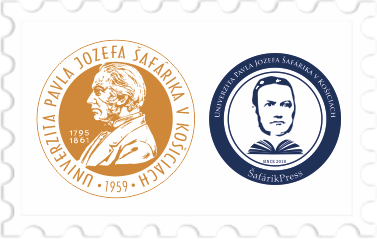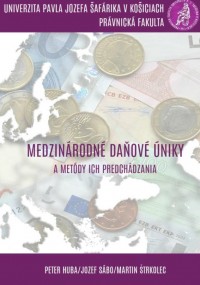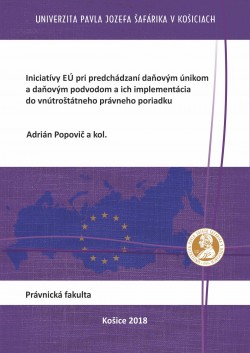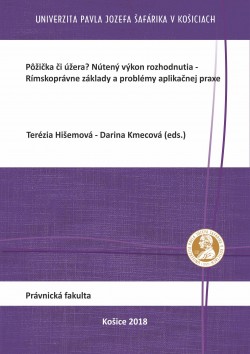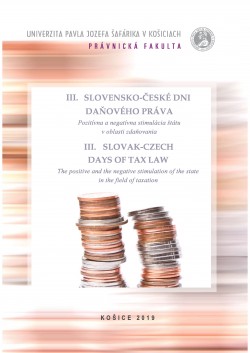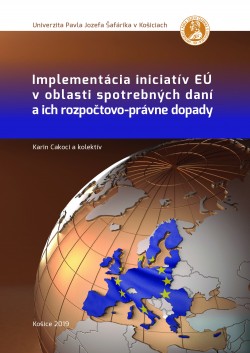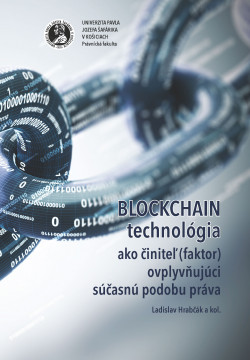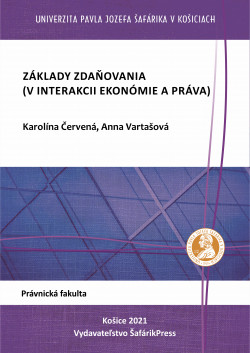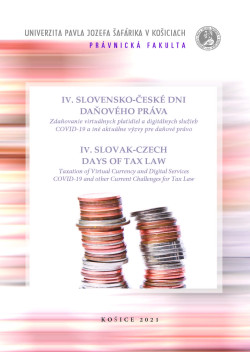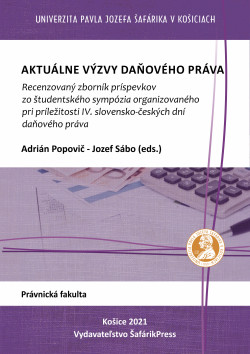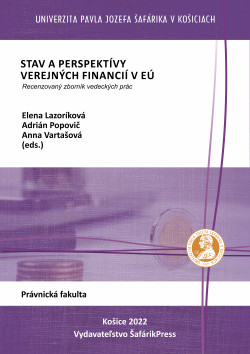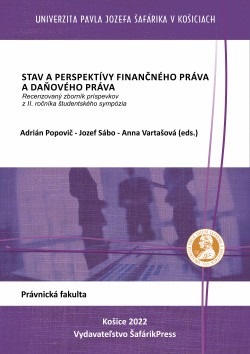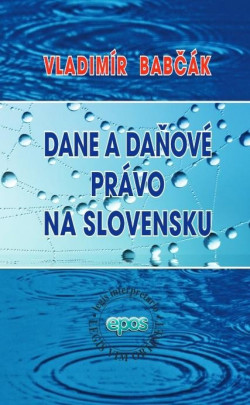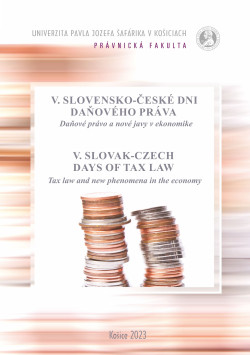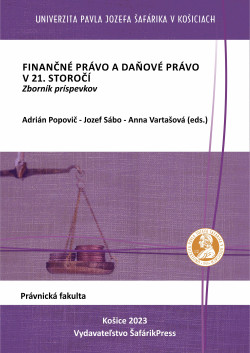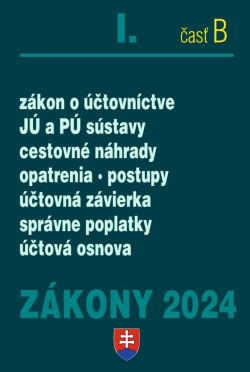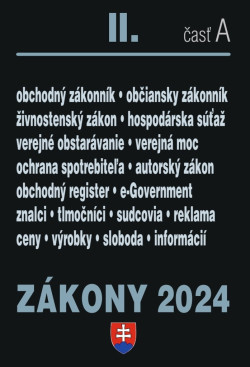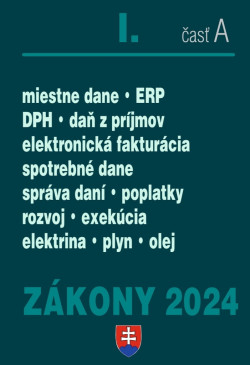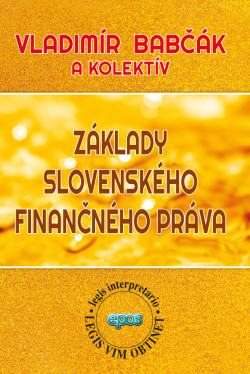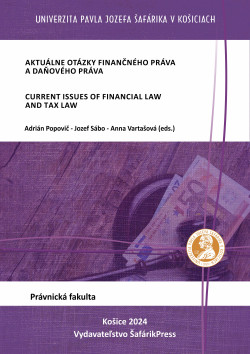No products
Product successfully added to your shopping cart
There are 0 items in your cart. There is 1 item in your cart.
Evaluation of Evidence in the Tax Law
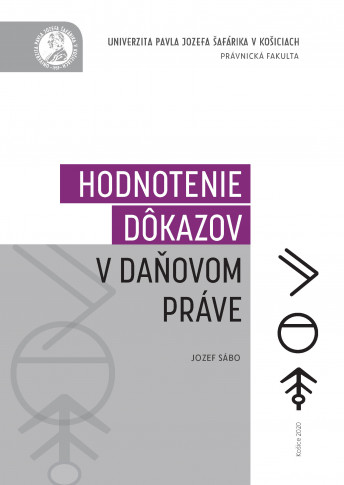
Data sheet
| Author: | Jozef Sábo |
| Year of publication: | 2020 |
| Available from: | 02.09.2020 |
| Edition: | 1st edition |
| Document type: | Monograph |
| Publication language: | Slovak |
| Number of pages: | 238 |
| Faculty: | Faculty of Law |
| Department: | Department of Financial Law, Tax Law and Economy |
| Note: | Táto vedecká monografia vznikla ako výstup z riešenia grantovej úlohy projektu APVV č.16-0160 „Daňové úniky a vyhýbanie sa daňovým povinnostiam (motivačné faktory, vznik a eliminácia). |
| DOI: | https://doi.org/10.33542/HDD2020-881-1 |
More info
The monograph deals with two fundamental aspects concerning evaluation of evidence in the law. In the first part, the monograph addresses the question: „How it is possible to apply law in individual case, if human knowledge about past is objectively limited and flawed?“ (e.g. what is the nature of truth in the law?). The second part of the monograph identifies certain models of reasoning concerning factual questions which occur across different individual legal cases (especially tax cases and criminal cases). In that regard, the monograph draws from Anglo-American legal scholarship and deals with three main concepts concerning evaluation of evidence: argumentation, probability and narratives and their role in evaluation of evidence.
The monograph is the output of the grant project APVV no. 16-0160 which deals with the issue of tax evasion and tax avoidance (especially their motivating factors, emergence, and elimination). The author believes that better understanding of evaluation of evidence may contribute to the improvement in effectiveness of tax administration.
